Novel Reading:
Novels, or books of fiction, are to be found in every library. In any public library, novels and books of short stories are most in-demand, while learned and scholarly books are read by a few and only embellish the shelves of the library. In modern times, fiction writers have amassed great fortunes by writing novels. The habit of novel reading was at one time considered to be a fashionable habit. In Victorian and pre-victorian England, it used to be looked upon as a mark of culture. Novels truly so-called were almost non-existent in Indian languages three hundred years ago. The great Sanskrit literature, rich in every other aspect, badly lacked in books of fiction. We had great drama, lofty poetry and charming prose (critical works),- but practically no novels. Indian languages derived from Sanskrit naturally did not care much to develop this aspect of literature in the beginning. Now, of course, it cannot be denied that Hindi, Bengali, Tamil and Gujarati or some South Indian languages possess a good stock of fiction. Munshi Prem Chand and Sarat Chandra Chatterjee are now household words with the Indian reading public. Nearly a hundred years of university education, modelled after the Western fashion, has not only brought us the rich treasure house of English literature and language but has also so deeply moved us as to influence our own native literature. It is said that the study of the novels of Sir Walter Scott had been responsible for inspiring the late Bankim Chandra Chatterjee, who was one of the earliest writers of Bengali fiction.
Who has not read a novel with pleasure and profit? Of course, all novels cannot give profit. In order to do so, it must be well chosen. There are books and books. Some books are so well-written and well-conceived that a study of them is a pleasure. Some are ill-written but well-conceived: they are just so-so. Others are both ill-written and ill-conceived. They are to be avoided. As already said, novels are becoming popular. Not only do people read novels for recreation or for examination, but sometimes they are found to carry novels while journeying in bus or railway trains. Is it then a time-killer also? The simple fact is we read novels for at least one of the following purposes- time-killing, pleasure, profit and passing the examination.
What is it that makes the novels so interesting and popular? In the first place, a novel is a work of fiction in which imagination and intellect combine to express life in the form of a story. This definition alone indicates why it is regarded by people as a source of joy. The novel gives us a story of life- somebody’s life in intimate relation with his fellows, society and the state. The canvas is, therefore, broad and big. On it are displayed every development, every issue, and every sentiment. Of course, things are all imaginary. No actual events or real persons are involved. It is a creation of the artist’s mind. It is what he sees, thinks or feels, -and on the truth or greatness of his seeing and feeling will depend the truth or greatness of his novel. There is no denying the fact that to write a good novel requires considerable art and experience. Great novels can be produced only by master-minds- minds that are capable of shrewd and sympathetic observation of the world, of man and the working of his mind.
It is sometimes urged that novels should not be placed in the hands of young boys and girls. The belief is that young and impressionable minds, at a period of life when emotion outstrips discipline, are likely to be carried away by imaginary things. Their expression is likely to be seriously strained, and in some cases, it is feared they may go astray. This, of course, is an old-school belief.
To speak in simple terms, fiction does for the mind what the “movies” do for the spectators. In a picture house, the cinema either offers us a comedy or a tragedy. Either it is serious and instructive, or cheap and sensational. Either we benefit from it, or lose by its cheap and unwholesome appeal. There is definitely a good point in asking school boys and girls or even the intermediate class students of the college not to visit the cinema houses too frequently. This would save them from unwholesome influences and ideas. From the moral point of view, this is much to be desired. But there is a big ‘but’. The question arises: can we by preventing boys and girls from visiting “Odeon Theatre” and “Plaza” make them moral? Is morality a negative virtue? Or, were all boys and girls prior to the invention of movie-picture, patterns of good morality? One is, however, compelled to believe that with all the Suraiyas and Sohrab Modis, the young generation of the age is morally more elevated than their friends in the previous ones. The question of morality is not the question of a novel or no novel; it is the question of education or no education.
There are several kinds of novels. The use of their reading will depend upon how we choose them. For this purpose, it is better to accept the advice given by one’s teachers. Or, as in the European countries, the advice of informed librarians or book clubs can be of help to a great extent. The last course, namely, that of a trial-and-error method, is open to all. Let us read them as often as we can get, or find time, and let us be ourselves the judge.
English literature possesses a treasure house of novels. Whoever failed to profit by such immortal books as Scott’s Ivanhoe, Dickens’ David Copperfield. Thackeray’s Vanity Fair, George Eliot’s Adam Bede, Mrs Gaskill’s Cranford, Stevenson’s Dr Jekyll and Mr Hyde, Blackmore’s Lorna Doone, Kipling’s Kim, Galsworthy’s Forsyte Saga and Hugh Walpole’s Fortitude.
“Books are a mighty bloodless substitute for life,”- said Stevenson; but they are the only substitute for life- if it ever had a useful substitute. What will the reading of novels do to us? Should we not utilize our time better by reading books of science or religion or great classics? It is often forgotten that the mind requires food. The food should not be always hard to digest. Novels supply us with light food. They are also nourishing if properly selected. What is more, the entertainment derived from reading them is intellectual entertainment not to be had otherwise. But perhaps the most important thing that we derive from a habit of novel reading is the language and the style that we pick up unconsciously. Even as great a man of affairs as Benjamin Disraeli was a great reader of novels. Nay, he wrote novels, before he entered upon his great political career.
Reading fiction is, therefore, not a bad habit. Of course, too much of everything is bad; too much novel reading will make man unnecessarily sentimental and academic. But great novels have abiding moral teaching to give. Take, for instance, Hugh Walpole’s Fortitude. It is indeed a great novel, though by no means a perfect one. What an inspiring theme- ‘It is not a life that matters but the courage that you bring to it’! Over page after page, chapter after chapter we follow the life story of Peter Wescott- throbbing with realistic appeal- and see through his stormy and tragic career the universal history of man, battling with uncharitable forces of the world. At last, Peter conquers the world by conquering himself. It is a grand novel, fit to be read by every young man. H. G. Well’s novels are full of instruction. He treats science from the imaginative point of view. The Shape of Things to Come or The Invisible Man are great books in their own way. Charles Dicken’s David Copperfield with its Micawber and Barkis is one of the classics that every lover of fiction should read.
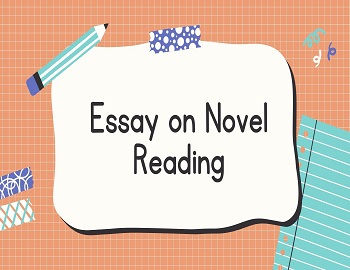
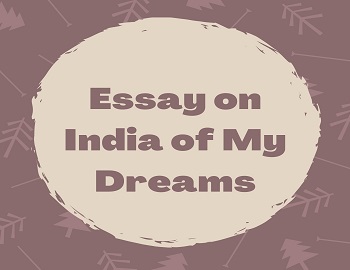
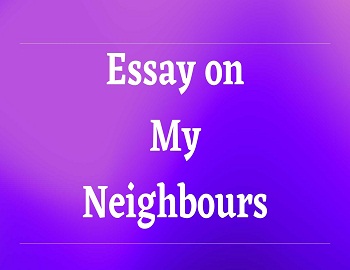

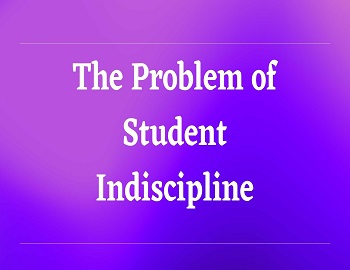
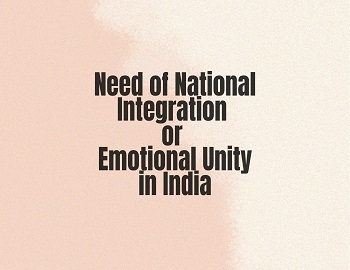
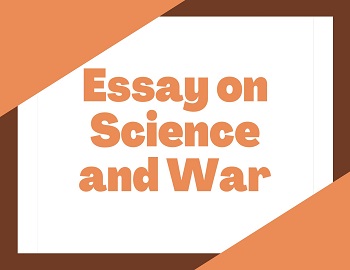
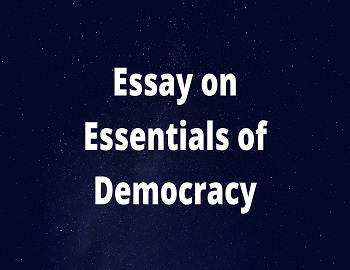
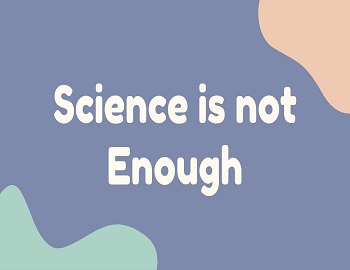
Comments (No)